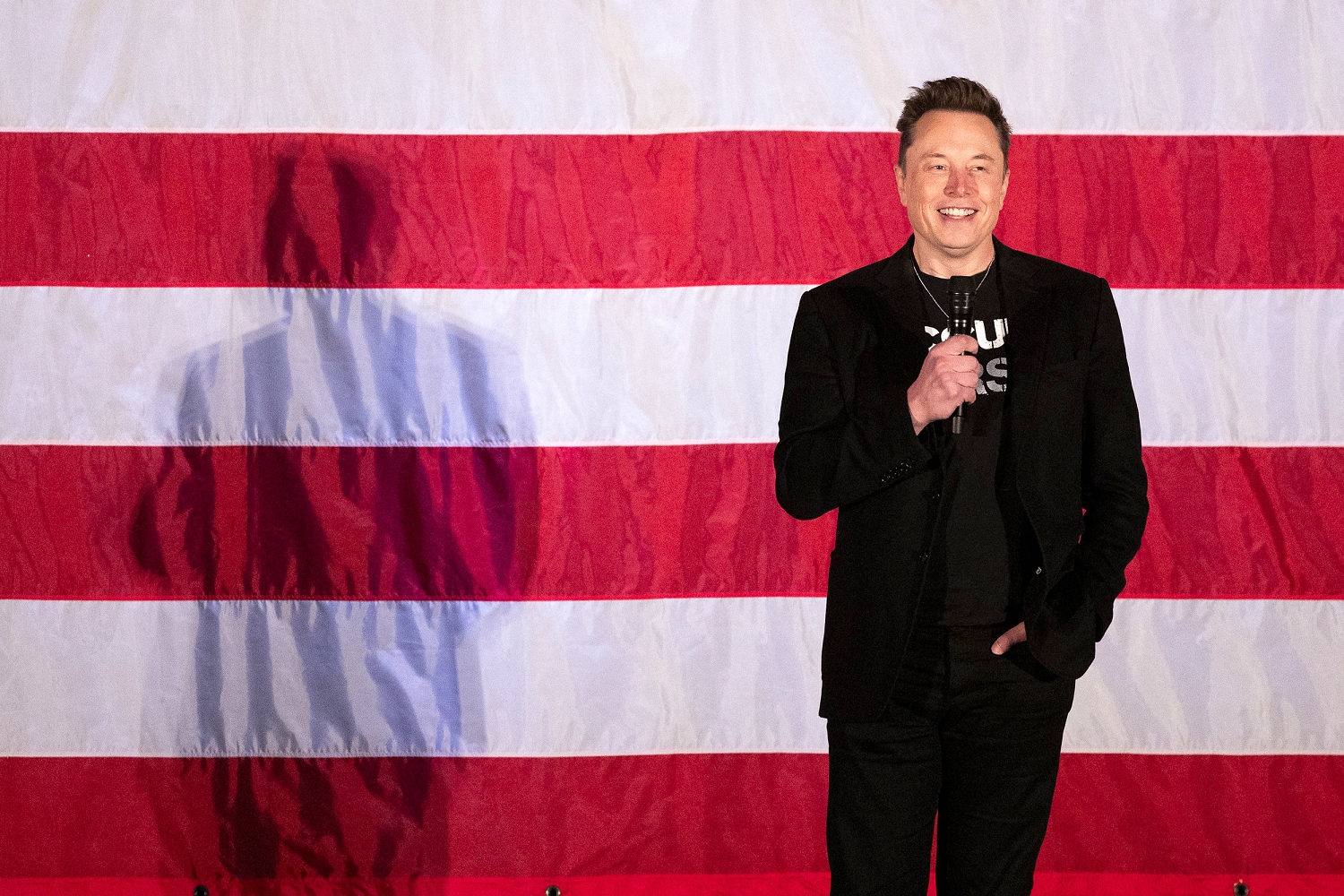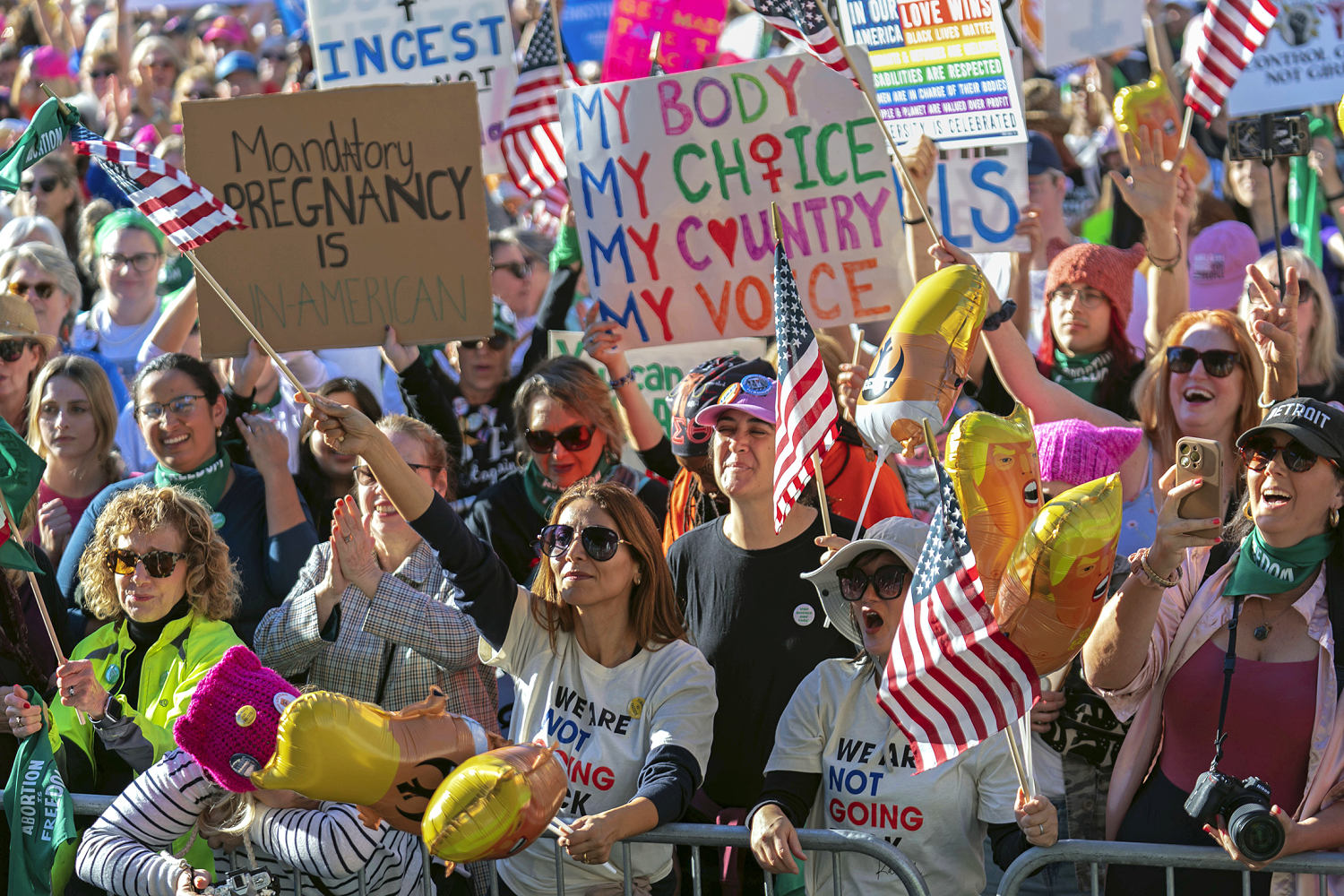Trump’s second term could test Europe’s nuclear temptations

The standard line about NATO during the Cold War was that it was intended to keep the Russians out, the Germans down, and the Americans in. However, the alliance, with its guarantee of a united defense against the Russian threat, also played a key role in reassuring some of its members not to go nuclear. Will that last?
Trump’s return to power in the U.S. raises serious questions about America’s future role in NATO. He has been open in his disdain for NATO for decades, saying that as far as he is concerned Russia “can do whatever the hell it wants” toward alliance members who don’t pay what he considers their share of alliance defense costs. During his previous term as president, Trump discussed wanting to leave the alliance, only to be talked out of it by his advisors.
This leaves European NATO with a serious security problem at a time when the threat to Europe from Russia is clear and present. Many European members have increased their defense spending since Russia’s invasion of Ukraine, with 23 countries now spending at the NATO target of two percent or more of their GDP on defense in 2024.
However, building up the conventional military capabilities needed to respond to a Russian attack without U.S. assistance will take time and unity of purpose, neither of which European NATO has.
NATO’s security during the Cold War depended on the U.S. nuclear guarantee. After the collapse of the Soviet Union, most observers hoped and believed that the need for such a nuclear deterrent had declined. That is no longer the case.
Prior to the U.S. election, defense analysts had speculated that should Trump win, Europe might need to bolster its nuclear deterrent, which rests on the U.S. arsenal and much smaller — but not insignificant — French and United Kingdom nuclear forces.
The latter forces have not explicitly been designated as part of the alliance’s nuclear deterrent. Should that change now, and how would this evolve?
More starkly, if the alliance’s Article V guarantee and the U.S. nuclear deterrent are seen as tenuous, will other European states reconsider the nuclear option, either on the alliance’s behalf or for their own national defense? Given the time lag in building up a robust conventional defense capacity, some European states could consider nukes as a more efficient option.
Russia’s nuclear arsenal has arguably prevented stronger NATO measures on Ukraine’s behalf, but the same is true in reverse: Russia has avoided openly attacking NATO members, due at least in part to the threat of NATO’s nuclear deterrent. Several European NATO members have the technological capacity to build nuclear weapons if they choose; what has constrained them is their support for nonproliferation and confidence in the alliance’s nuclear deterrent.
NATO’s contribution to nonproliferation may have been underestimated, or at the very least, taken for granted in recent years. NATO predated the nonproliferation regime, which significantly reduced the spread of nuclear weapons globally. The right to offer a nuclear umbrella to alliance partners is enshrined in the 1968 Nuclear Nonproliferation Treaty, although states participating in a conflict against another nuclear state may be subject to nuclear retaliation.
The treaty has offered signatories the reassurance that potential adversaries who signed on would not present a nuclear threat, thus eliminating the need for these weapons as a deterrent. Indeed, Ukrainian President Volodymyr Zelensky has stated that Ukraine may need nuclear weapons to ensure its defense against Russia if NATO membership is not an option.
Reliance on existing nuclear arsenals as a European deterrent would have far less corrosive effects on the nuclear nonproliferation regime. But significant effort was required during the Cold War to make NATO’s nuclear deterrent credible both to its adversary and to NATO’s European members. Nonetheless, France opted for an independent nuclear deterrent policy due to doubts about the U.S. guarantee.
Would a Western European nuclear pillar be viewed as credible by NATO’s eastern members such as Poland, which shares a border and has a history of imperial occupation with Russia?
If NATO’s nuclear guarantee is questioned, we may discover that the alliance mattered more than we realized in preventing the spread of nuclear weapons.
Renée de Nevers is an associate professor in Syracuse University’s Public Administration and International Affairs Department.
-
What a second Trump term could look like
Top stories - CBS News - November 6 -

Trump’s radical second-term agenda set to test Mexico’s fragility
Business - Financial Times - November 9 -
How Trump’s second presidency could fuel nuclear energy and uranium demand
Business - MarketWatch - November 19 -

'Americas First?' A second Trump term could be a renaissance for Latin America
Politics - The Hill - October 30 -

How a Second Trump Term Could Recast Public Health
Health - The New York Times - November 1 -

A Second Trump Term? Three Conservative Columnists Unpack What Could Happen.
Top stories - The New York Times - November 3 -

Elon Musk could be the biggest winner of a second Trump term
Top stories - NBC News - November 5 -

What Trump's second term could mean for abortion rights
Politics - NBC News - November 8
More from The Hill
-

John Phelan nominated to lead Navy under Trump
Politics - The Hill - 5 hours ago -

Jamieson Greer selected as Trump's United States Trade Representative
Politics - The Hill - 6 hours ago -

Jim O’Neill selected to lead HHS alongside RFK Jr. as deputy
Politics - The Hill - 6 hours ago -

Trump completes health team with Jay Bhattacharya as NIH pick
Politics - The Hill - 6 hours ago -

Trump taps Kevin Hassett as National Economic Council head
Politics - The Hill - 7 hours ago